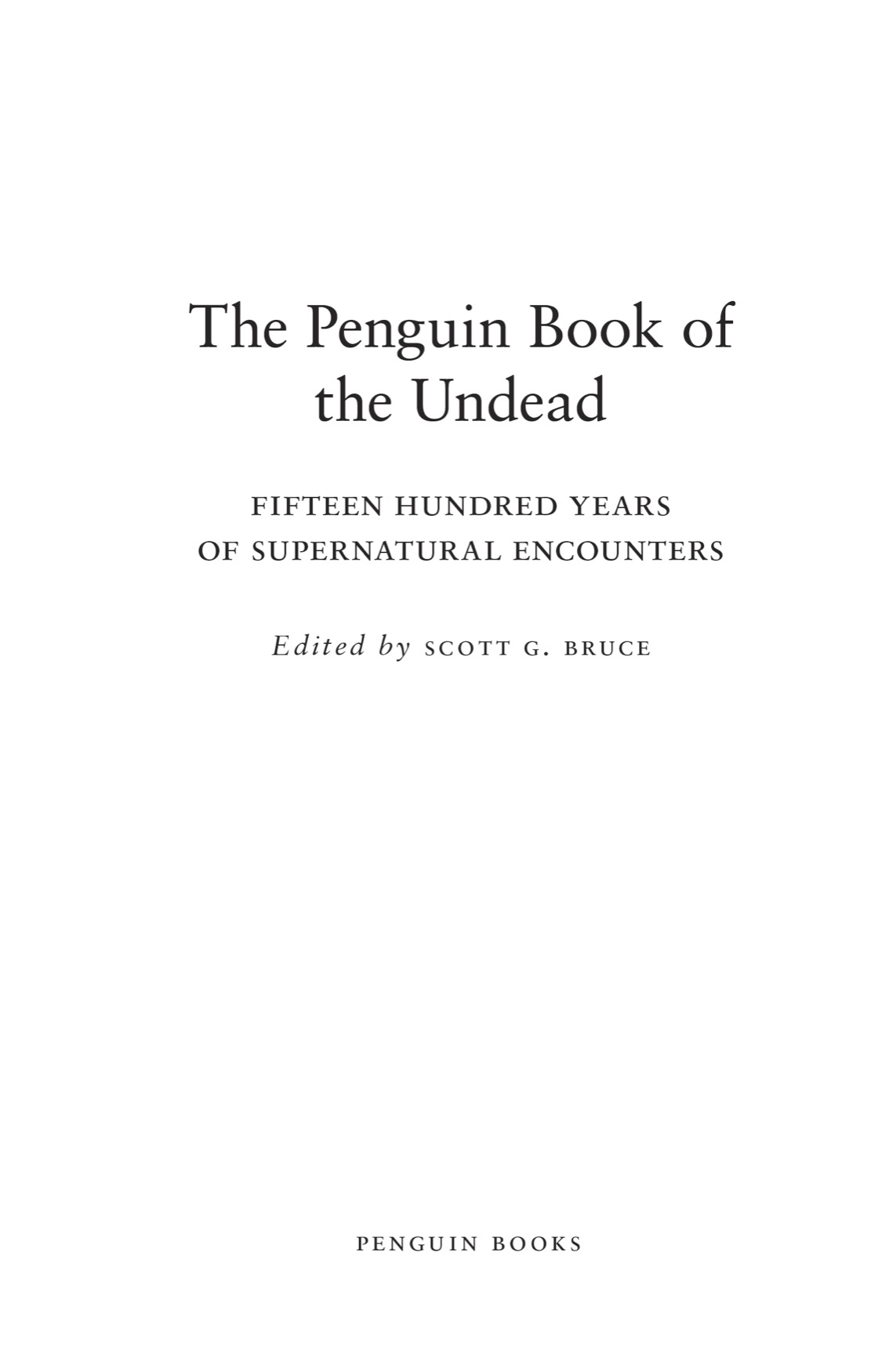PENGUIN  CLASSICS
CLASSICS
THE PENGUIN BOOK OF THE UNDEAD
SCOTT G. BRUCE is a professor of medieval history and the director of the Center for Medieval and Early Modern Studies at the University of Colorado at Boulder. An expert on medieval monasticism, he has written two books about the monks of the abbey of Cluny: Silence and Sign Language in Medieval Monasticism: The Cluniac Tradition, c. 9001200 (2007) and Cluny and the Muslims of La Garde-Freinet: Hagiography and the Problem of Islam in Medieval Europe (2015). A coeditor of The Medieval Review and an active member of The Medieval Academy of America, he has lectured in Israel and throughout the United States, Canada, and Europe and has held visiting research appointments at the Technische Universitt Dresden, in Germany; the Universiteit Gent, in Belgium; and Emmanuel College, University of Cambridge. He worked his way through college as a grave digger.
PENGUIN BOOKS
An imprint of Penguin Random House LLC
375 Hudson Street
New York, New York 10014
penguin.com
Translation, introduction, notes and selection copyright 2016 by Scott G. Bruce
Penguin supports copyright. Copyright fuels creativity, encourages diverse voices, promotes free speech, and creates a vibrant culture. Thank you for buying an authorized edition of this book and for complying with copyright laws by not reproducing, scanning, or distributing any part of it in any form without permission. You are supporting writers and allowing Penguin to continue to publish books for every reader.
Translations and renderings into modern English by Scott G. Bruce, unless otherwise indicated.
Grateful acknowledgment is made for permission to use the following copyrighted works:
Odyssesus in the House of Death (Book 11: The Kingdom of the Dead) from The Odyssey by Homer, translated by Robert Fagles. Translation copyright 1996 by Robert Fagles. Used by permission of Viking Penguin, an imprint of Penguin Publishing Group, a division of Penguin Random House LLC.
Pliny Contemplates the Existence of Ghosts from The Letters of the Younger Pliny, translated with an introduction by Betty Radice (Penguin Classics, 1963, reprinted 1969). Copyright Betty Radice, 1963, 1969.
A Mistress of the Graves from Civil War by Lucan, translated by Matthew Fox. Translation copyright 2012 by Matthew Fox. Used by permission of Penguin Books, an imprint of Penguin Publishing Group, a division of Penguin Random House LLC.
An Army White As Snow from Relatio de duobus ducibus, translated by Christopher A. Jones. Used by permission of Christopher A. Jones.
The Ravenous Dead from Seven Viking Romances: Arrow-Odd, King Gautrek, Halfdan Eysteinsson, Bosi and Herraud, Egil and Asmund, Thorstein Mansion-Might, Helgi Thorisson, translated by Hermann Palsson and Paul Edwards (Penguin Classics, 1985). Copyright Hermann Palsson and Paul Edwards, 1985.
Old Ghosts, New Laws from Eyrbyggja Saga, translated with an introduction and notes by Hermann Palsson and Paul Edwards (Penguin Classics, 1989). Translation copyright Hermann Palsson and Paul Edwards, 1972, 1989.
The Torments of Tantalus from Phaedra and Other Plays by Seneca (Penguin Classics, 2011). Translation copyright R. Scott Smith, 2011. All rights reserved.
When Night Draws Swiftly Darkling On from A Treatise of Ghosts by Noel Taillepied, translated by Montague Summers (London, Fortune Press, 1933).
LIBRARY OF CONGRESS CATALOGI NG - IN - PUBLICATION DA TA
Names: Bruce, Scott G. (Scott Gordon), 1967 editor.
Title: The Penguin book of the undead: fifteen hundred years of supernatural encounters / edited by Scott G. Bruce.
Description: New York: Penguin Books, 2016. | Includes bibliographical references and index.
Identifiers: LCCN 2016012232 (print) | LCCN 2016023478 (ebook) | ISBN 9780143107682 | ISBN 9780698406605 ()
Subjects: LCSH: Ghosts. | Vampires. | Zombies.
Classification: LCC BF1461 .P4345 2016 (print) | LCC BF1461 (ebook) | DDC 133.1dc23
Cover art: Anton Semenov
Version_1
Stuart Robert Bruce (19591989) haunts me still
I see a repose that neither earth nor hell can break, and I feel an assurance of the endless and shadowless hereafter.
Emily Bront, Wuthering Heights (1847)
Contents
THE PENGUIN BOOK OF THE UNDEAD
Introduction
The word undead first appeared in the tenth century, when a Christian preacher named Aelfric of Eynsham (c. 955c. 1010) employed its Old English ancestorthe adjective undeadlicto describe the immortality, the undyingness, of God. The term has undergone an ironic reversal in modern English, where it now denotes dead people who have been reanimated by a supernatural force. This change reflects the intense interest in tales of the living dead that have become ubiquitous in modern societies. The revival of Gothic horror stories like Mary Shelleys Frankenstein (1818) and Bram Stokers Dracula (1897) in movie theaters in the 1930s sparked a popular interest in the undead that persists to the present day. Between the release of cult films like Night of the Living Dead (1968) and the airing of Joss Whedons wildly popular television series Buffy the Vampire Slayer (19972003), stories about the risen dead have saturated the modern imagination. The past decade alone has witnessed the release of dozens of feature-length films about the so-called zombie apocalypse, the catastrophic breakdown of modern society due to an epidemic of living corpses. While similarly restless, ghosts and their kindred spirits have followed a different trajectory in modern media. The psychological trauma of an encounter with a ghost, depicted so vividly in the stories of M. R. James (18621936) and his imitators, has receded in the wake of more sentimental treatments. Unlike marauding zombies, whose malevolent intention is never in doubt, the appearance of a dead soul could evoke pity or sadness or regret in the living, especially when it is recognized as a loved one now lost.
This ambivalent relationship between the living and the returning dead is not new; it has been a persistent theme in Western literature for almost three thousand years. This collection of stories about premodern encounters with ghosts and animated corpses spans fifteen centuries from the height of the Roman Empire in the first century CE to the reign of Queen Elizabeth I (15581603). Ancient, medieval, and early modern authors related stories and ideas about supernatural events involving the dead in a wide variety of genres, including epic poetry, histories, hagiography, personal letters, theological and polemical treatises, sagas, plays, and collections of miracles and marvels. The persistence of these stories over such a long span of time speaks to the abiding interest among the living in the fate of the dead, who remained a much stronger presence in the face-to-face communities of premodern Europe than they do in the antiseptic anonymity of most modern societies.
Stories about the dead have an ancient pedigree. In the classical period, from the Trojan War to the ascendancy of Rome in the Mediterranean Sea, the spirits of the recently deceased appeared often to the living to plead for proper burial and commemoration, the obligations owed but not always granted to the dead. Professional necromancers animated the corpses of the slain and compelled them in rituals of divination to share the information that only the dead can know. Even with the religious revolution of late antiquity, during which the Christian church triumphed over Greek and Roman paganism, this commerce with the dead persisted, though with new mediators. As early Christian theologians developed the notion that souls underwent a cleansing in fire in preparation for their entry into heaven, stories about the returning dead became an important medium for asserting the benefits of praying and giving alms on behalf of the faithful departed to speed their way to paradise. By the eleventh century, Christian monks had effectively domesticated the ghost story as a tool to teach the faithful about the economy of the afterlife. The stain of unavoidable sins imperiled every soul, but the prayers of the monks, whose denial of the world made them powerful intercessors before God, could wipe those stains away and gain for the soul a much quicker release from purgatorial flames. Donations of revenue-producing land to cloistered communities in this world would secure their prayerful assistance for the souls of faithful donors and their families in the afterlife.


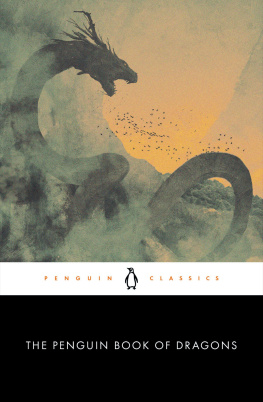
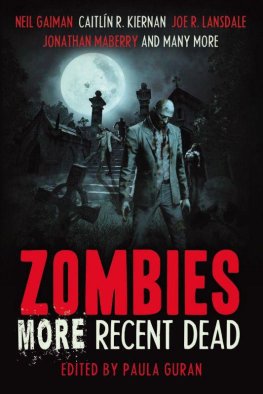
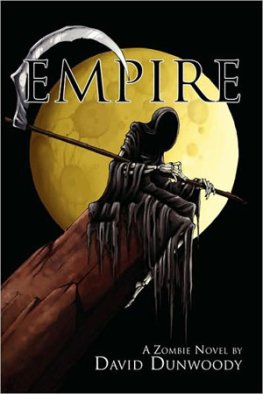
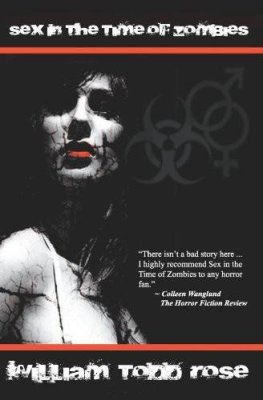
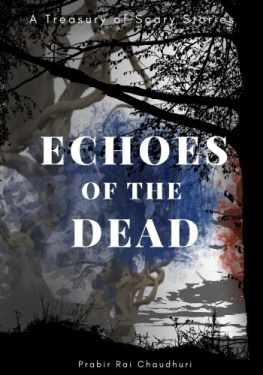
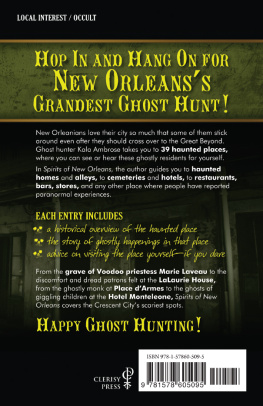
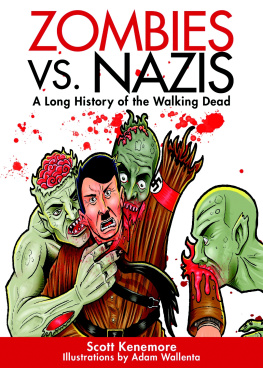
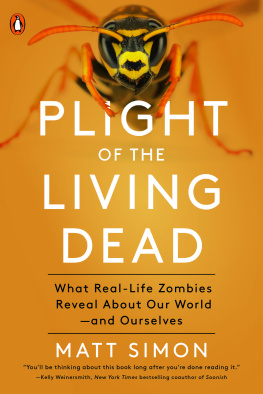
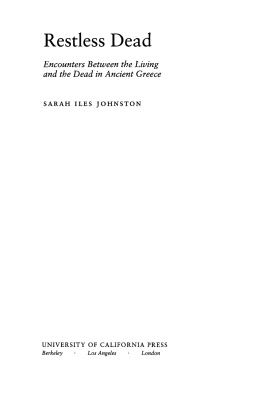

 CLASSICS
CLASSICS